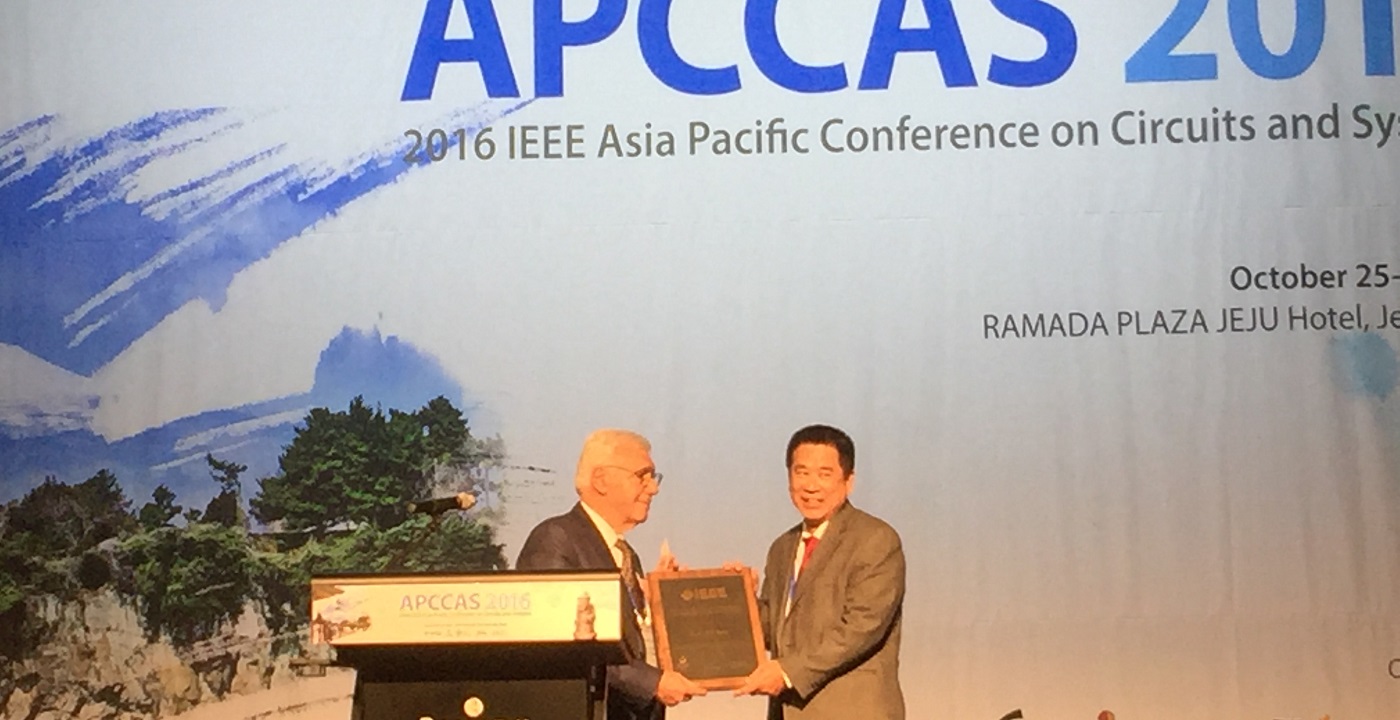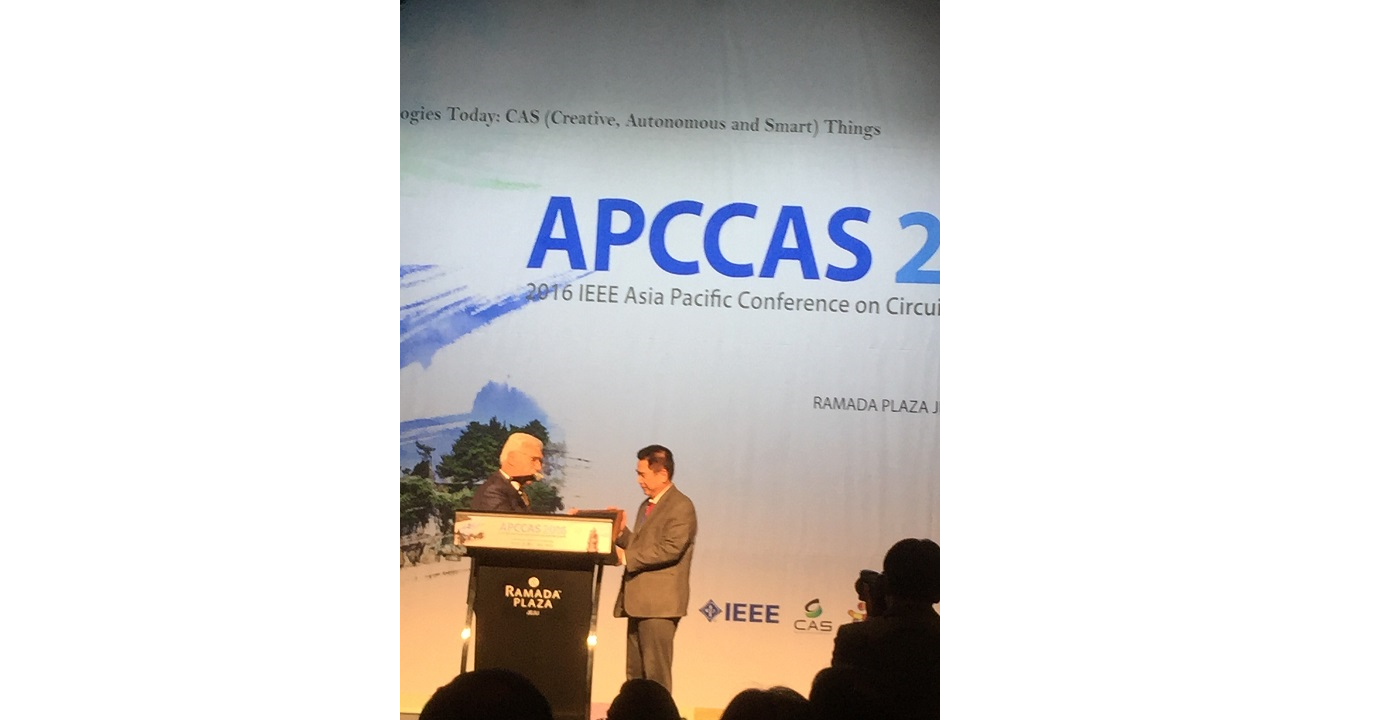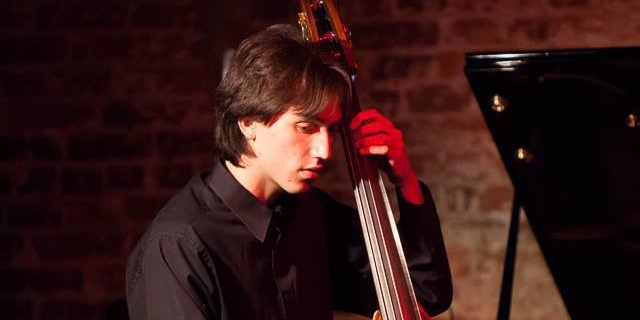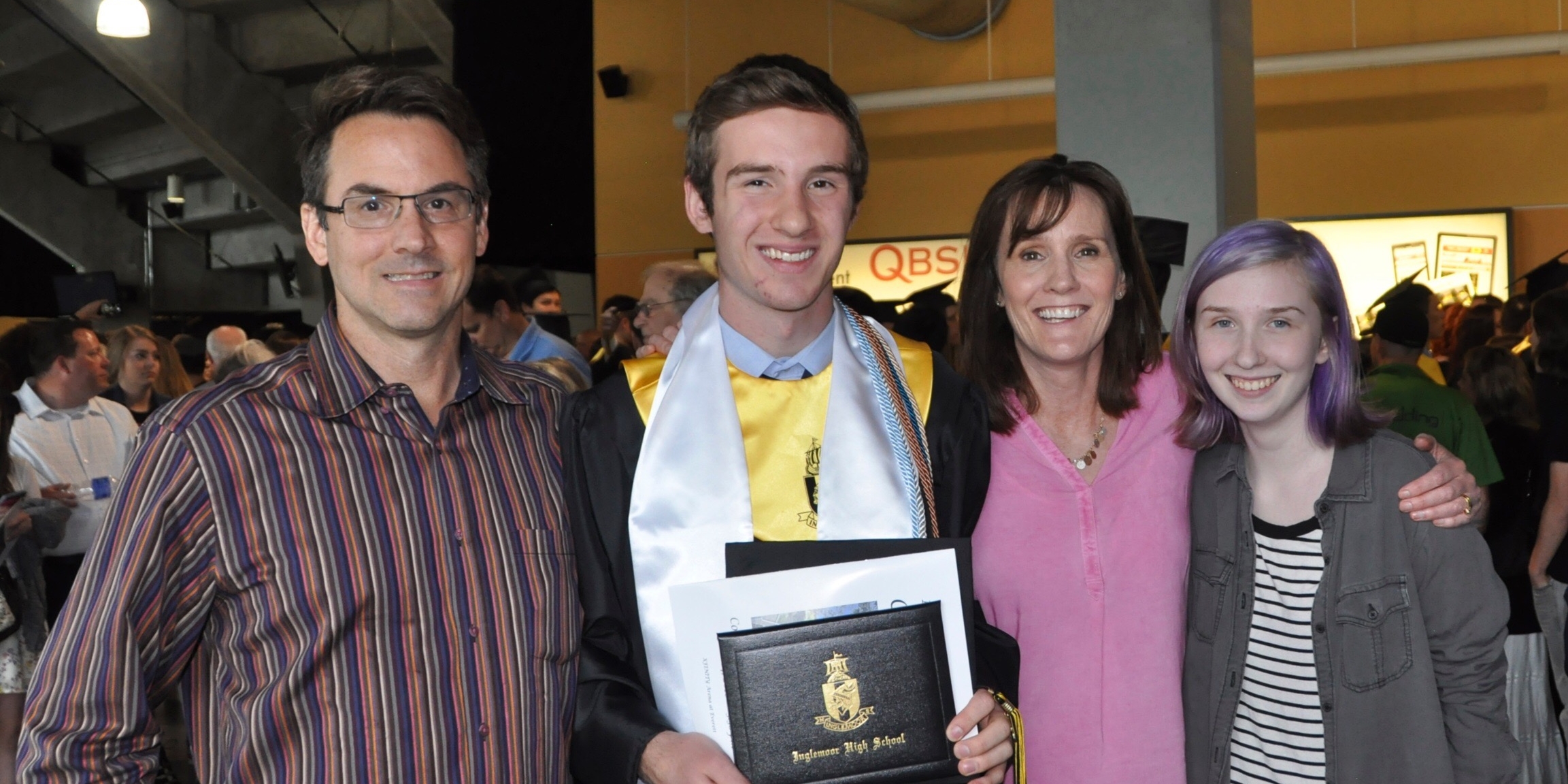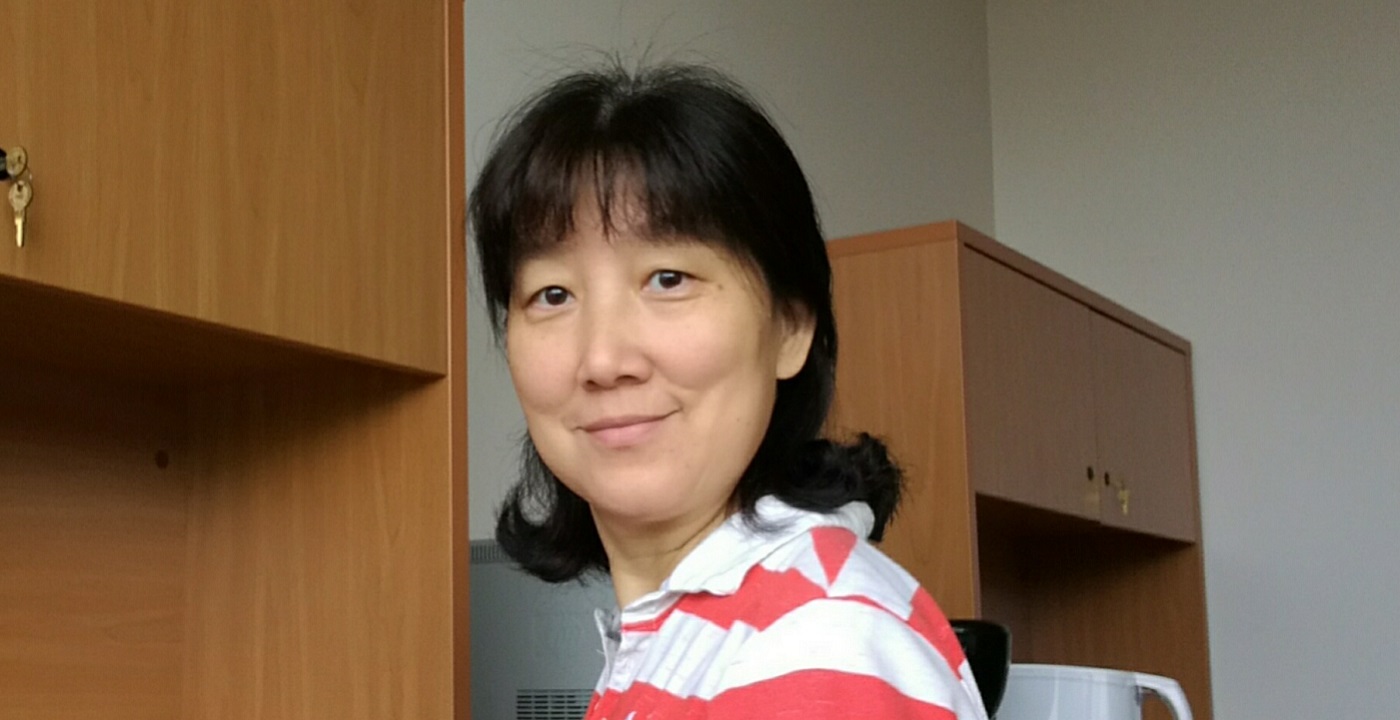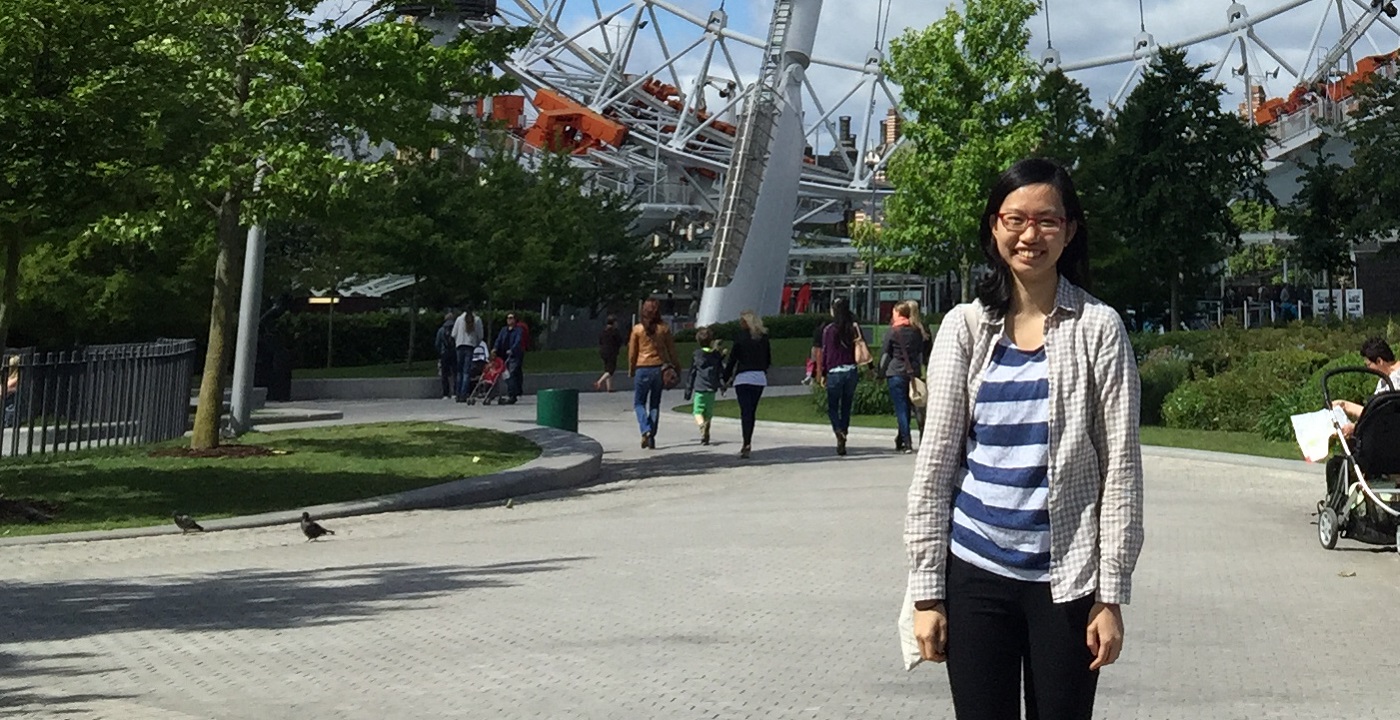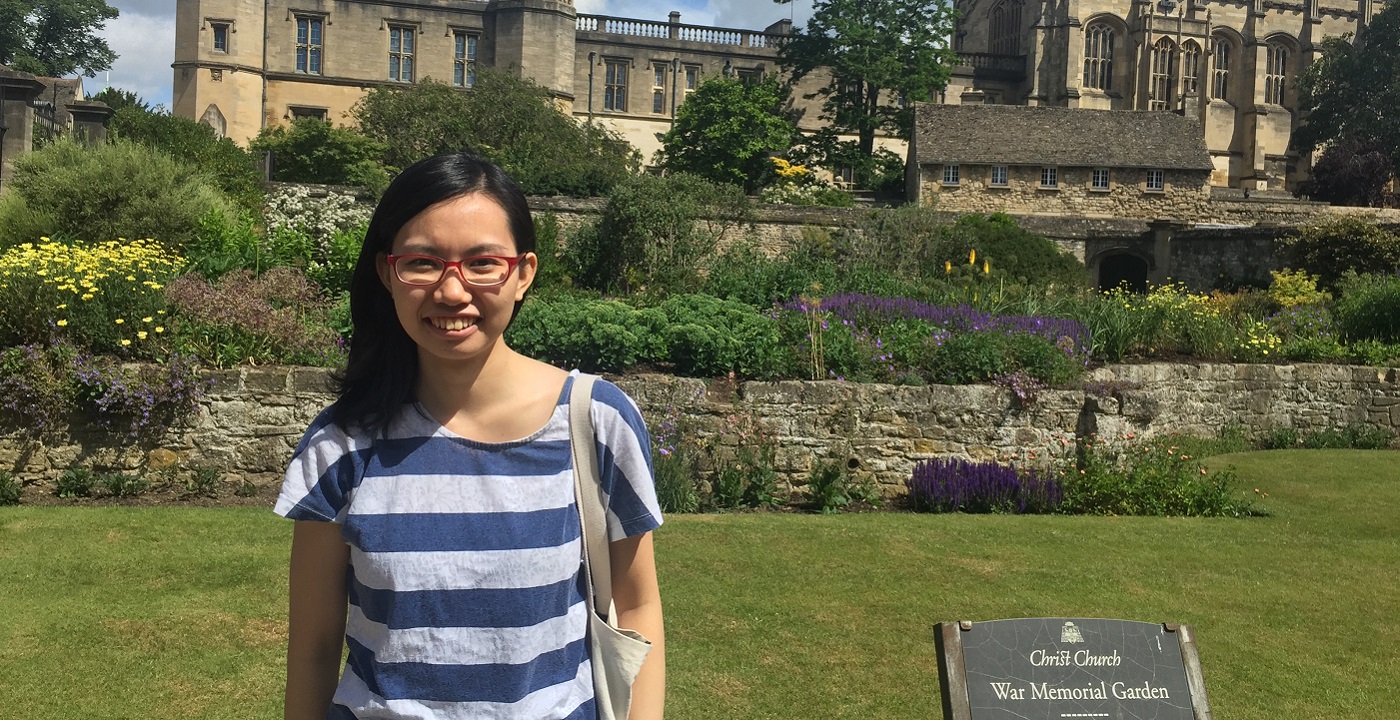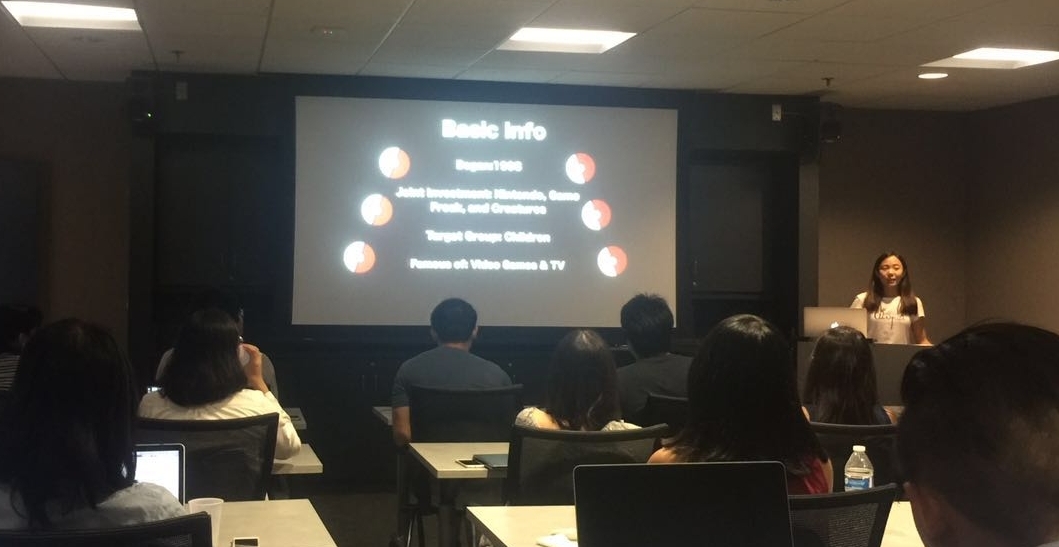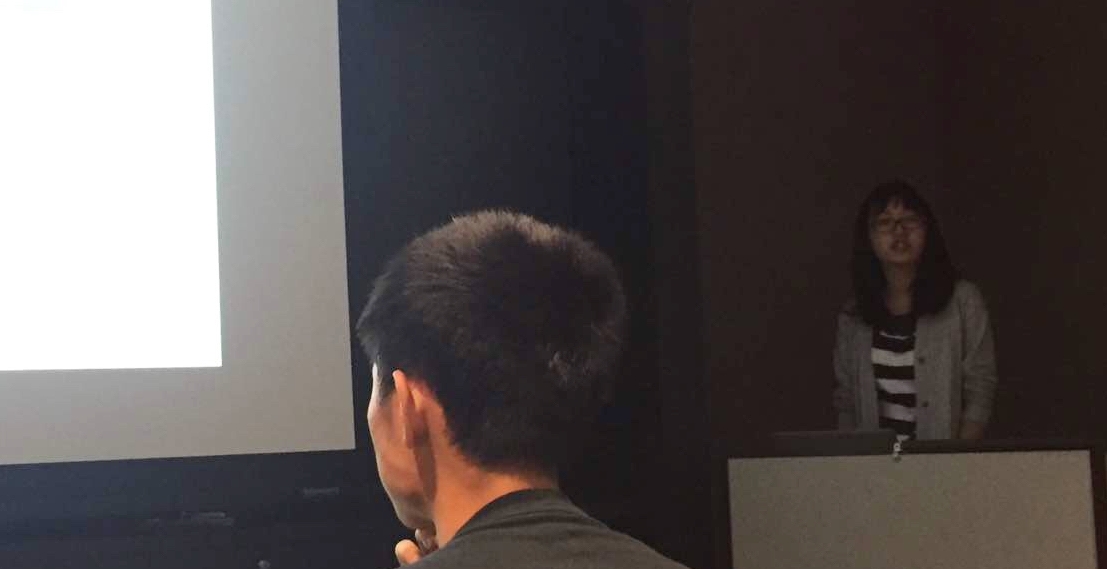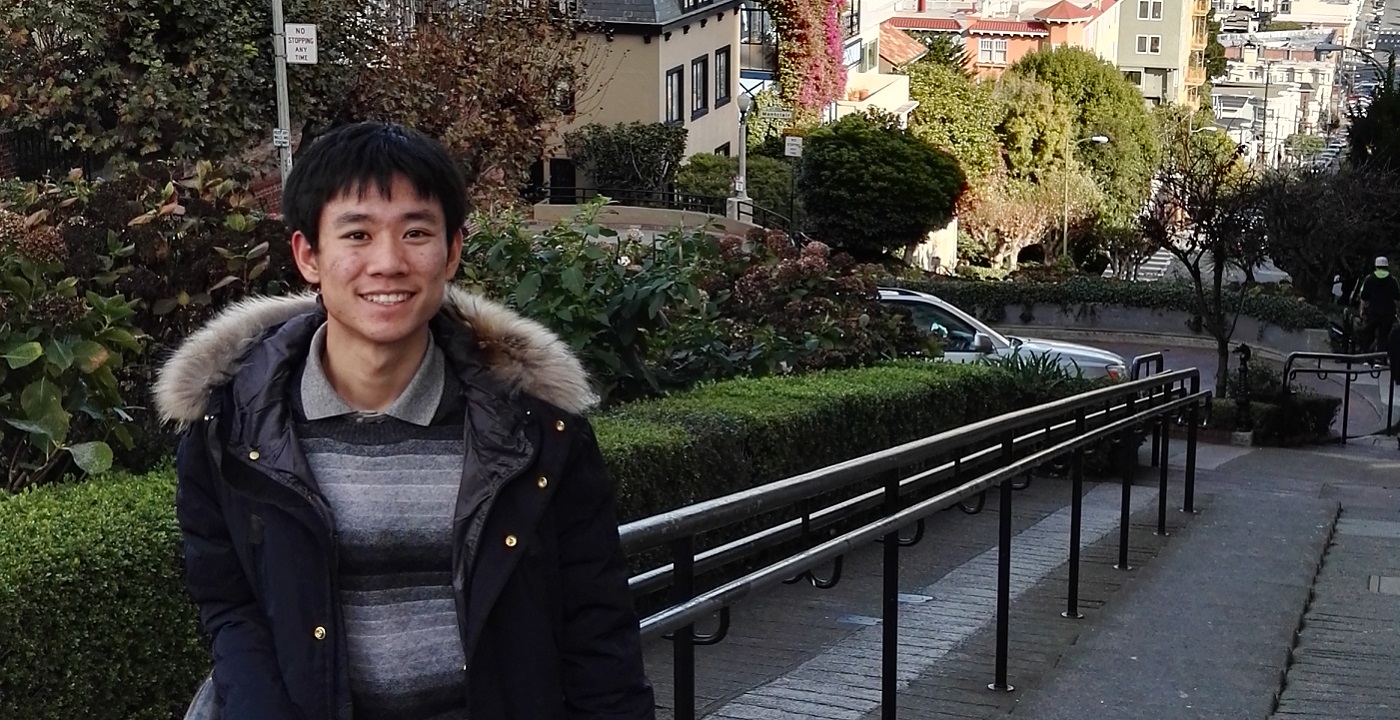Welcome New MCL Visiting Post-Doctor Bing Li
We are so glad to welcome a new visiting Post-Doctor, Bing Li, in fall 2016. Here is an interview with Doctor Bing about her pervious academic experience and her future expectations at MCL.
1.Could you briefly introduce yourself? (Previous research experience, project experience, research interest and expertise)
My name is Bing Li. I received my PH.D degree from Chinese academy of Sciences in 2016. My research interests include image/video processing, visual search and machine learning.
2.What’s your first impression of USC and MCL?
USC is a beautiful university. People in MCL are so friendly and help me a lot. MCL also provide good academic environment to conduct research.
3.What’s your future expectation for MCL?
Prof. Kuo is well-respected and does an excellent job in his research field. He provides valuable research experience. I hope I will learn a lot from Prof Kuo and do good research at MCL



